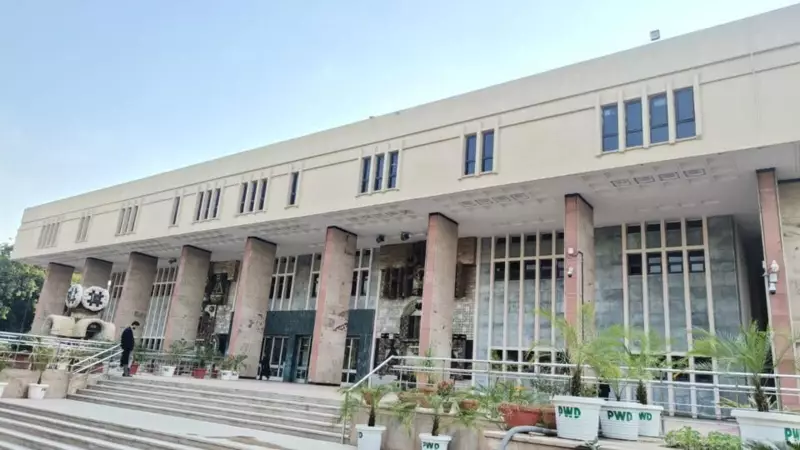
In a groundbreaking judgment that promises to reshape legal education in India, the Delhi High Court has delivered a decisive verdict protecting law students from being barred from examinations due to attendance shortages. The court has explicitly prohibited law colleges across the country from withholding students' exam registrations over attendance deficits.
Court's Directives to Bar Council of India
The bench, comprising Justice C. Hari Shankar and Justice Sanjeev Narula, has directed the Bar Council of India (BCI) to undertake comprehensive revisions to its attendance rules. The court emphasized that these revisions must align with the fundamental right to education and ensure that attendance requirements don't become an unreasonable barrier to academic progression.
Immediate Relief for Affected Students
The ruling comes as immediate relief for numerous law students who faced the prospect of losing an entire academic year due to attendance technicalities. The court has mandated that all students who were previously barred from appearing for examinations solely due to attendance shortfalls must now be permitted to register and sit for their pending exams.
Key Judicial Observations
The court made several significant observations during the proceedings:
- Attendance rules should facilitate education, not obstruct it
- Colleges must consider genuine circumstances affecting attendance
- Automatic debarment violates principles of natural justice
- Educational institutions should adopt a more compassionate approach
Broader Implications for Legal Education
This judgment marks a significant shift in how attendance regulations are perceived and implemented in legal education. The court recognized that while regular attendance is important, it shouldn't override a student's right to complete their education and pursue their chosen profession.
The ruling also references Supreme Court guidelines on attendance requirements, emphasizing that rules must be reasonable and account for individual circumstances. The court noted that rigid application of attendance norms often fails to consider legitimate reasons for absence, including health issues, personal emergencies, and other valid constraints.
Next Steps for BCI and Law Colleges
The Bar Council of India has been given a specific timeframe to complete the rule revisions and implement the court's directives. Law colleges nationwide are expected to immediately comply with the judgment and process all pending examination registrations that were previously held up due to attendance issues.
This landmark decision is being hailed as a student-friendly judgment that balances institutional requirements with individual rights, potentially setting a precedent for other professional education streams in India.





